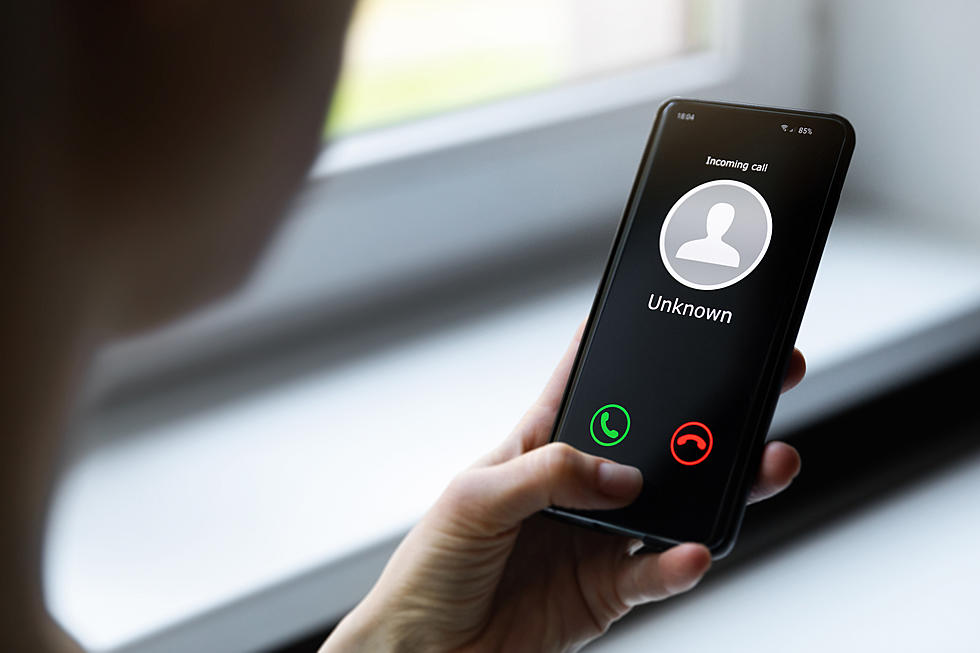
New Phishing Scam Targets Central New York Medical Professionals
If you're someone who works in the healthcare industry, be smart and don't fall for the latest phishing scam making rounds in the area.
According to the Times Union, the new scam involves telephone calls from people posing as department employees or law enforcement officials. The callers, who target licensed professionals like nurses, physicians and pharmacists, ask for your Social Security number and an immediate bond payment, claiming that the license has been suspended and payment is required to reverse the suspension and avoid further charges.

“It is truly unspeakable that during the challenges of this pandemic there are individuals intentionally seeking to defraud the nurses, pharmacists, and other professionals who have been heroes through all of this,” Board of Regents Chancellor Lester W. Young, Jr. said in a statement. “I encourage anyone that receives a suspicious call to immediately contact the FBI and your local law enforcement officials to report the incident.”
The phone calls look legitimate, and that's because of "phone spoofing" technology. It makes the calls and faxes appear to be from government agencies.
“The commitment of our front-line workers and licensed professionals to their fellow New Yorkers has been unwavering throughout the pandemic, which is why this scam is so reprehensible,” education Commissioner Betty A. Rosa said. “We will work with our partners in law enforcement in any way possible to ensure those responsible for this scam are brought to justice.”
Here's some tips on how to avoid phishing scams thanks for Phishing.org:
- Keep Informed About Phishing Techniques – New phishing scams are being developed all the time. Without staying on top of these new phishing techniques, you could inadvertently fall prey to one. Keep your eyes peeled for news about new phishing scams. By finding out about them as early as possible, you will be at much lower risk of getting snared by one.
- Think Before You Click! – It’s fine to click on links when you’re on trusted sites. Clicking on links that appear in random emails and instant messages, however, isn’t such a smart move. Hover over links that you are unsure of before clicking on them. Do they lead where they are supposed to lead? A phishing email may claim to be from a legitimate company and when you click the link to the website, it may look exactly like the real website.
- Check Your Online Accounts Regularly – If you don’t visit an online account for a while, someone could be having a field day with it. Even if you don’t technically need to, check in with each of your online accounts on a regular basis. Get into the habit of changing your passwords regularly too.
Here are 50 of your favorite retail chains that no longer exist.
More From Lite 98.7









